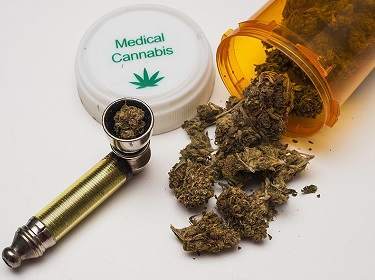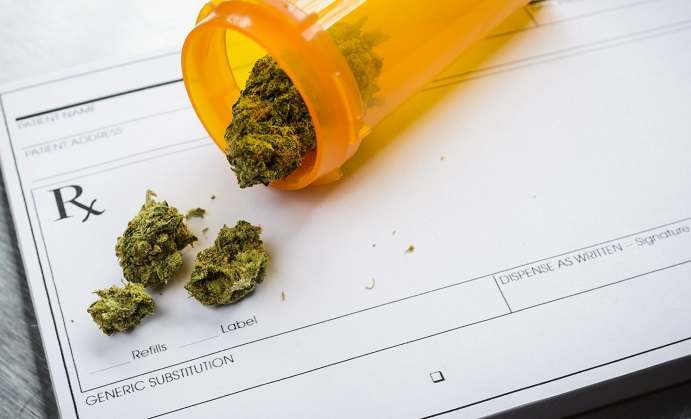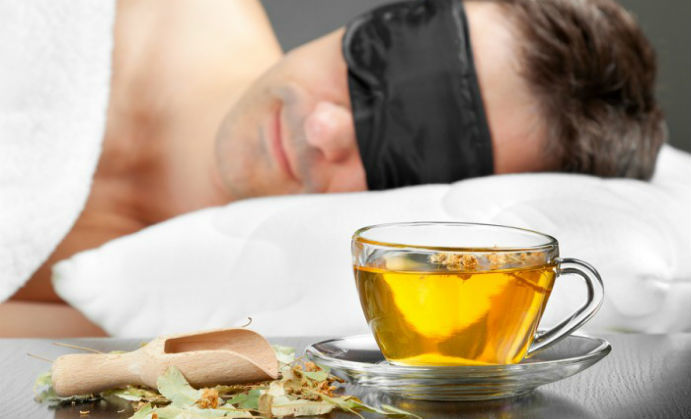Sleeplessness is a serious difficulty. Estimates are that 30 to 50 percent of us have a problem at times, and that includes all age groups, with more women than men experiencing the problem. At least 10 percent have a chronic problem, which means a duration of at least three weeks. Three weeks is long, long time when you can’t get enough sleep.
Unless you treat it, sleeplessness generally worsens as time goes on. It’s a cycle in which you spiral down from a little sleeplessness to more fatigue to depressing thoughts about not being able to sleep, and so on until you realize you have chronic insomnia. So ignoring the difficulty isn’t an option, but what should you do?
 First you need to visit your doctor. Sleeplessness is often related to an existing health problem. It could be anything ranging from chronic pain to something like acid reflux. Psychological conditions can interfere with sleep as well. Depression and stress-related concerns are common culprits, as are anxiety and bipolar disorder. People sometimes reach for sleeping pills, and nutritional and dietary changes are commonly suggested. Melatonin and L-tryptophan are sometimes recommended, and a variety of herbs such as Kava-Kava, Passion Flower, and Valerian are popular. But none of these are guaranteed to provide relief, and sleeping pills are problematic because they aren’t effective after a short while. They’re also habit forming and can have unwanted side effects.
First you need to visit your doctor. Sleeplessness is often related to an existing health problem. It could be anything ranging from chronic pain to something like acid reflux. Psychological conditions can interfere with sleep as well. Depression and stress-related concerns are common culprits, as are anxiety and bipolar disorder. People sometimes reach for sleeping pills, and nutritional and dietary changes are commonly suggested. Melatonin and L-tryptophan are sometimes recommended, and a variety of herbs such as Kava-Kava, Passion Flower, and Valerian are popular. But none of these are guaranteed to provide relief, and sleeping pills are problematic because they aren’t effective after a short while. They’re also habit forming and can have unwanted side effects.
Sleep experts recommend behavioral techniques such as a warm bath and soothing music before bedtime. They also recommend setting up a sleep schedule and sticking to it no matter what, which can train your body and mind to fall asleep and wake up at the same time each night and day. Along with this are suggestions for making your bedroom a peaceful and restful environment, and using the room only for relaxation, so as to train yourself to relax when you’re in that room. All these ideas can help, but nothing comes with a guarantee.
 One thing you might not have tried is medical cannabis. People who use it report that it’s effective; it doesn’t seem to have side effects; and it works better than sleeping pills in producing a restful night’s sleep. People wake up rested, and medical cannabis isn’t habit forming. People sometimes report increased tiredness, but if you take it at night when you’re trying to go to sleep that might not be of concern. One interesting fact is that people report fewer dreams after using medical cannabis.
One thing you might not have tried is medical cannabis. People who use it report that it’s effective; it doesn’t seem to have side effects; and it works better than sleeping pills in producing a restful night’s sleep. People wake up rested, and medical cannabis isn’t habit forming. People sometimes report increased tiredness, but if you take it at night when you’re trying to go to sleep that might not be of concern. One interesting fact is that people report fewer dreams after using medical cannabis.
Medical cannabis comes in different strains, and they can influence your sleep differently. Indica is more relaxing and seems to have a sedative effect. By contrast Sativa is more energizing. But some people report that either strain works.
The way you get the cannabis into your system does make a difference. Inhaling cannabis leads to an immediate result, and it typically lasts three to four hours. A better choice is edible cannabis. The recommendation is to ingest it an hour before bedtime. It takes an hour before you feel the effects, but it will last for six to eight hours, or most of the night. Sleep experts say that over the long haul the most effective treatment for a sleep problem is often a combination of approaches, for example behavioral, nutritional, and pharmacological. Your doctor is the person best equipped to help you navigate the possibilities and develop an effective program that will get you the sleep you need.
Do you want to find an effective Insomnia treatment? Check out our top rated Insomnia products











